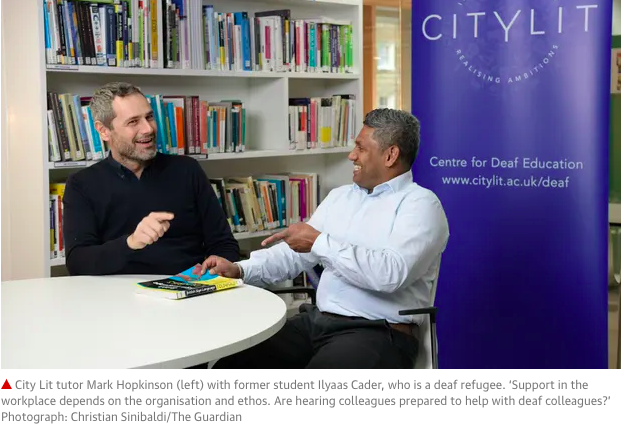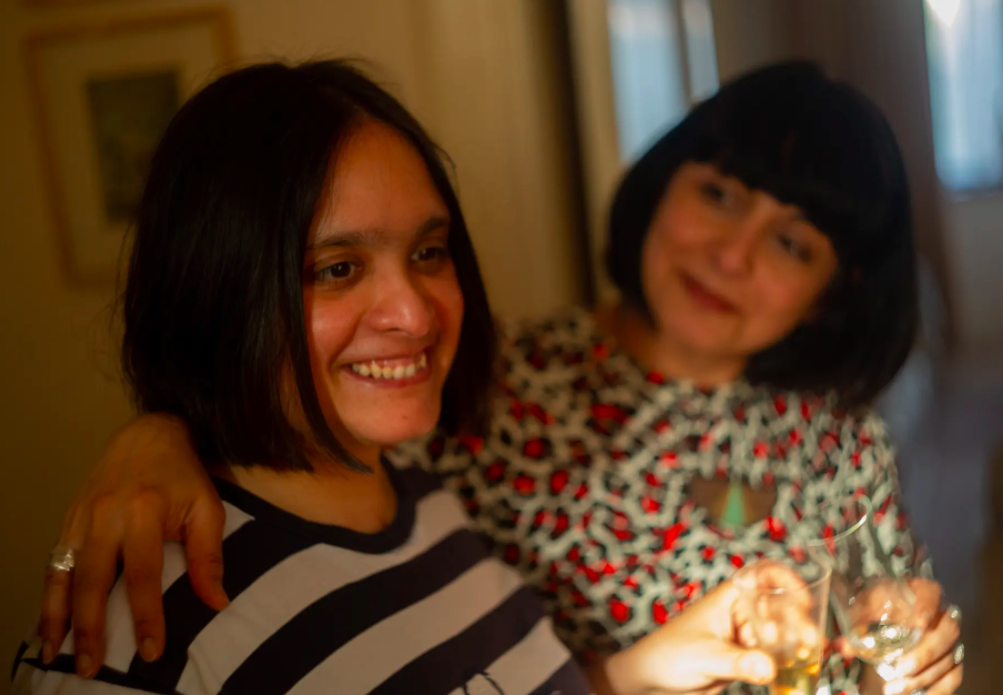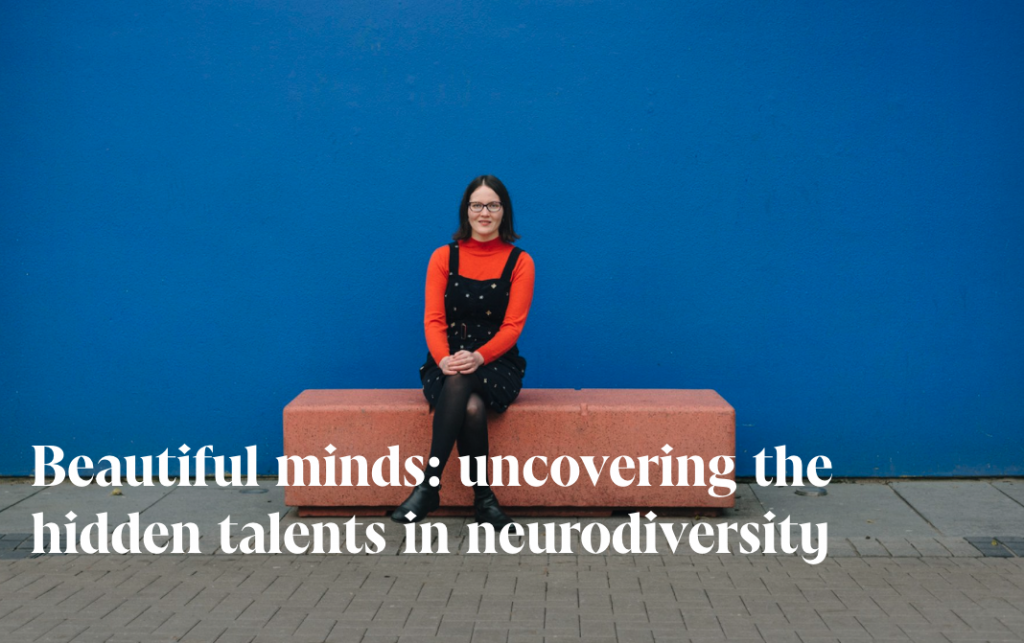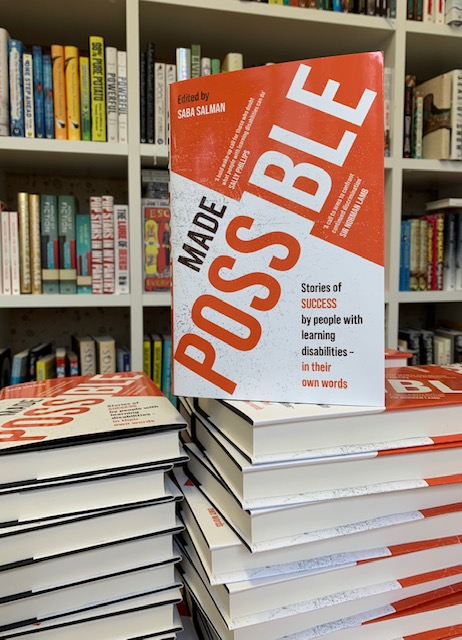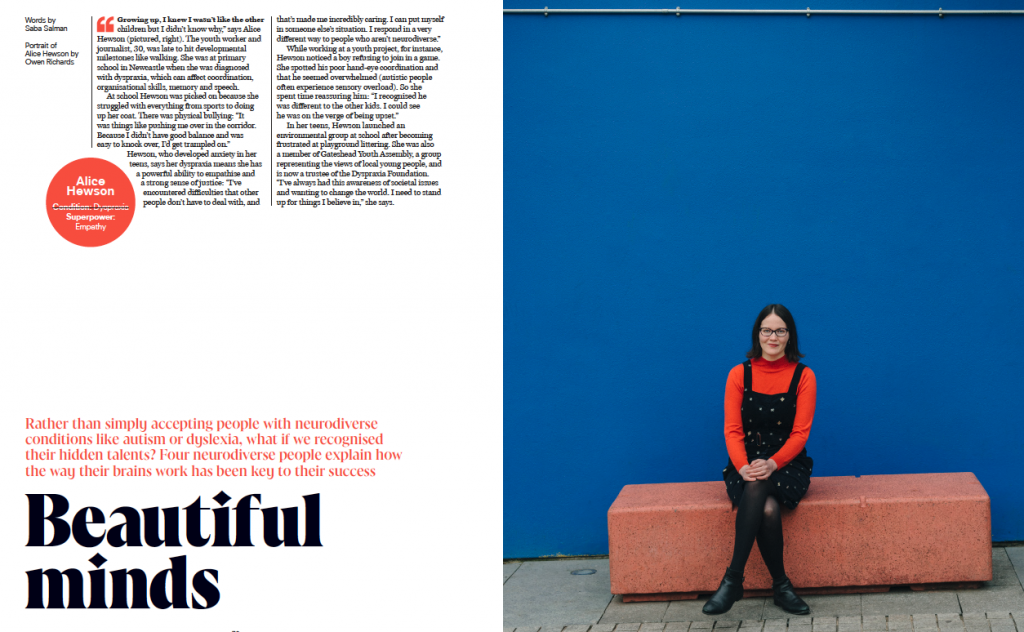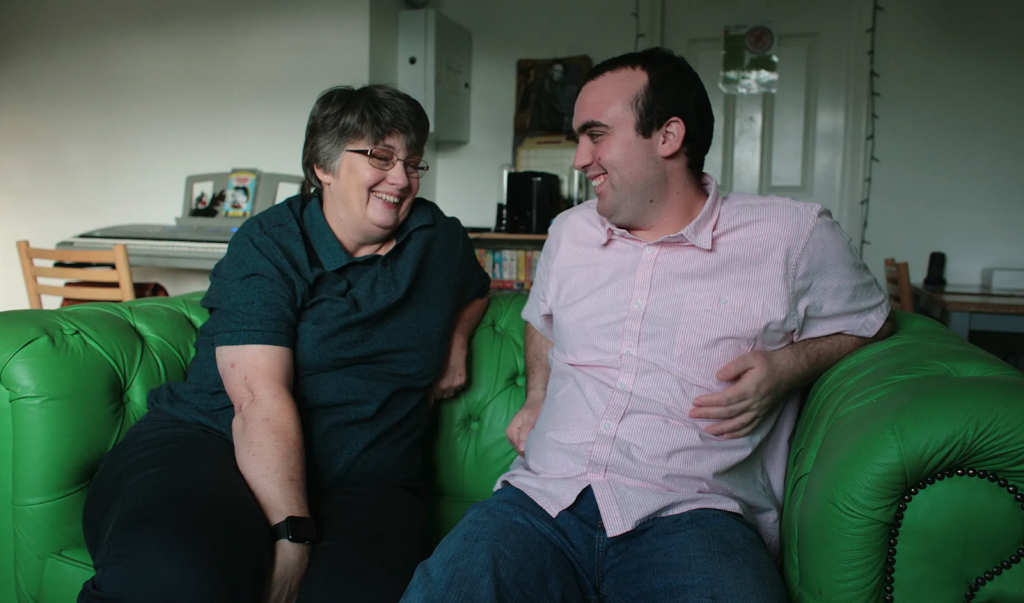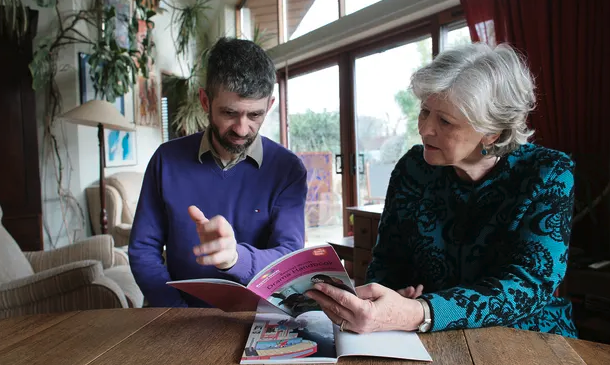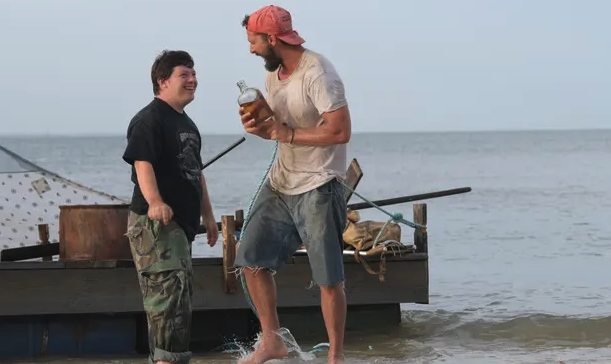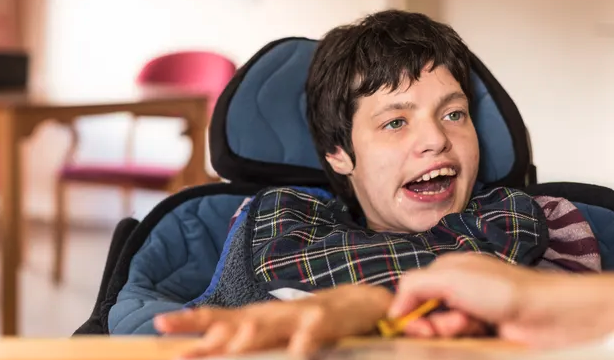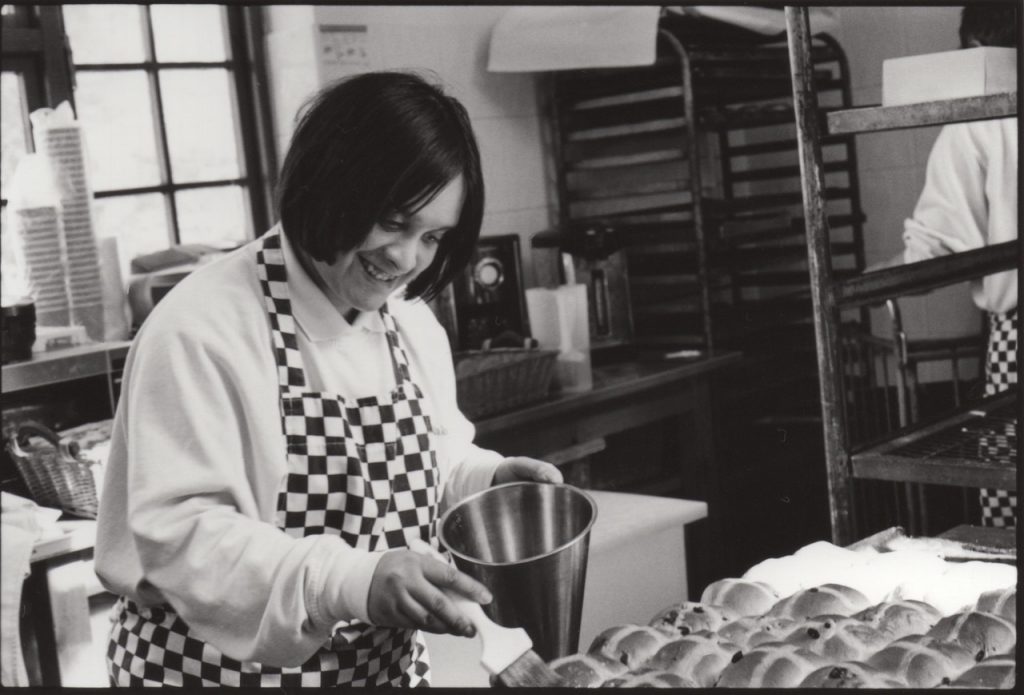
Say the words “learning disability” to most people and they will probably think of headlines about care scandals or welfare cuts. That’s if they think of anything at all.
As I write in a new piece for Byline Times, the latest figures from NHS England show that more than 450 people who have died from the Coronavirus since 24 March were recorded as having a learning disability or autism. According to the Care Quality Commission, there has been a 175% increase in unexpected deaths among this group of people compared to last year.
Mainstream media coverage of the Coronavirus reflects a nonchalance. Give or take the odd exception, the reporting has failed to acknowledge the impact of the pandemic on the UK’s 1.5 million learning disabled people like my youngest sister Raana.
Outside of COVID-19, if learning disability issues hit the headlines, they usually reinforce stereotypes about “vulnerable people” unable to fend for themselves. And when a story makes the media, it rarely includes direct words from someone with a learning disability.
This is the reason for the book Made Possible: Stories of Success by People with Learning Disabilities. The anthology, which I edited and which is inspired by my sister, Raana, challenges stereotypes. The collection of essays does this through the stories of people whose achievements are awe-inspiring – regardless of their disability.
To read the rest of my piece, go to Byline Times

